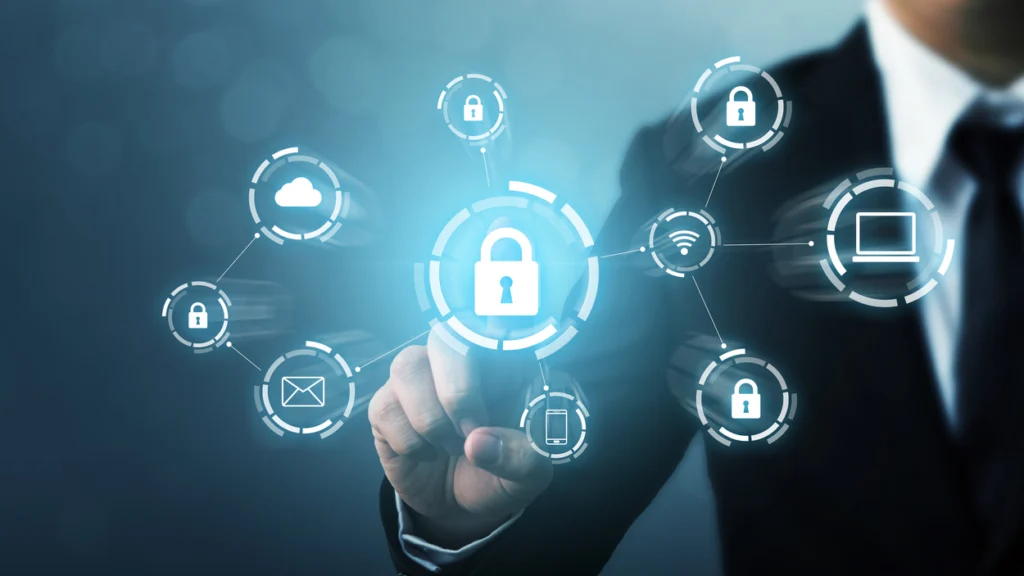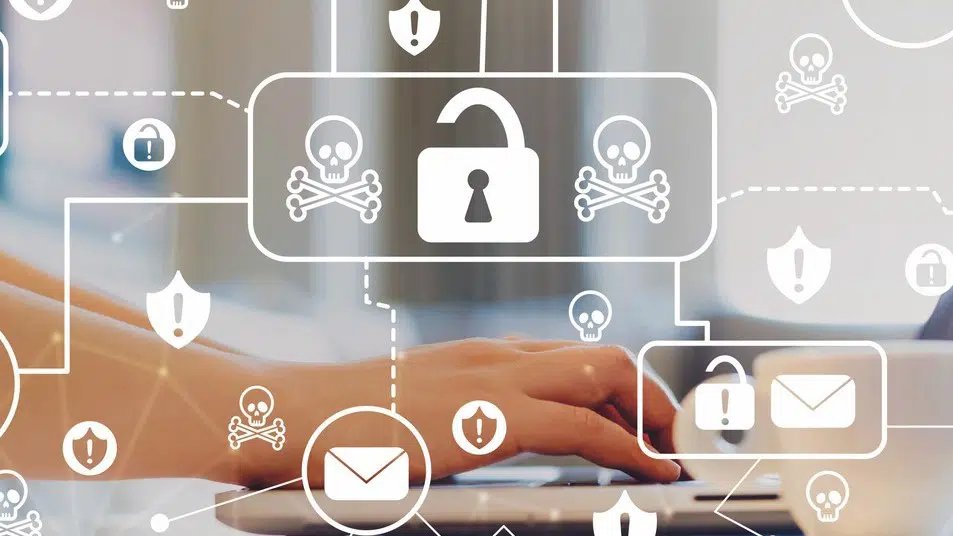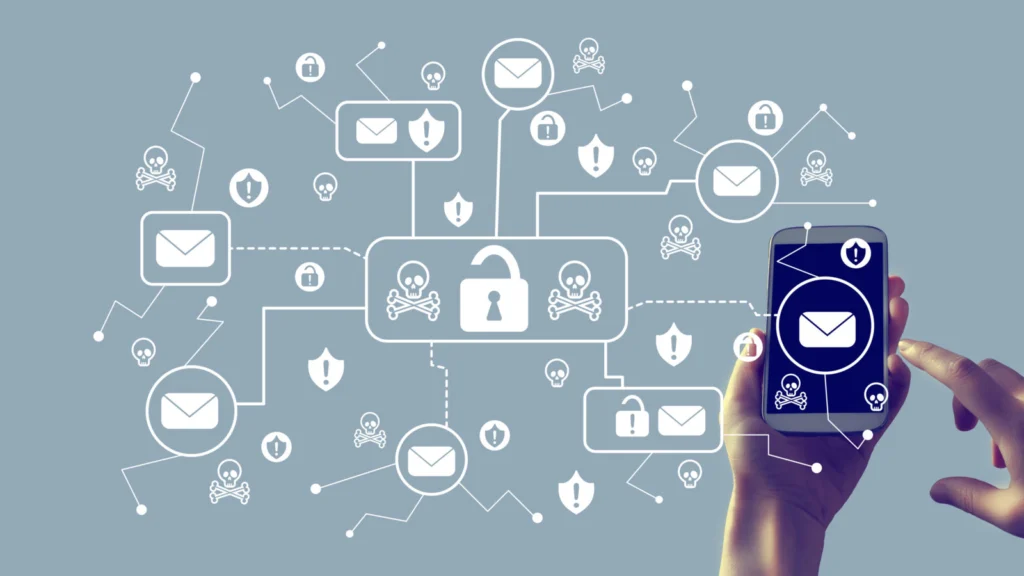Do you remember the Internet from 30 years ago? It wasn’t in our pockets, in our cars, or in every store. We didn’t rely on it.
It’s almost crazy to think that in just 30 years the internet has changed from a small collection of topic-specific web pages and chat rooms to a bustling “netropolis” of information and commerce, including counterfeit medications.
The Internet has become the place where most everyone goes to purchase their desires. This can be just about anything from apparel, auto parts and gaming hardware to even medicine and pharmaceuticals. While it’s nice to be able to purchase just about anything from the Internet, a consumer should always be cautious of what they are buying.
Counterfeit medications.
Why do I say that? At this present time, counterfeit medications are being sold across the Internet in high volumes. Unfortunately, the number is so high that it falls under the “Dark Figure of Crime.” This is a term used to describe a high amount of unreported and undiscovered crime.
Some quick research shows that, in 2014, Erwin Blackstone, PhD., Joseph Fuhr Jr., PhD, and Steve Pociask, MA, performed a study on the Health and Economic Effects of Counterfeit Drugs. The study estimated the criminal earnings for counterfeit medications to be over $75 billion. That alone tells you the amount of counterfeit product being sold and landing into the hands of unknowing consumers is, well, frightening.
It looks the same and has the same active ingredient. Doesn’t that make it legit?
One argument people pose with regards to medication purchased from less-than-reputable sources (i.e. eBay, craigslist, personal ads) is that “it looks the same and is cheaper.” Consumers also argue that “it has the same active pharmaceutical ingredient.” One could counter that argument with “yes, and I have also run faster than a cheetah.” A bold claim, certainly. So, where is the proof?
On the Internet, anyone can write anything to describe their product. And in the case of counterfeits, the seller has no responsibility to tell the truth.
So, it’s not difficult to see why counterfeit pharma is so profitable. Particularly considering that many consumers aren’t educated on the risks of buying medications online.
I can remember when I first started at IPS, I asked my supervisor why cheaper medication from the Internet was so bad. Mind you, I was fresh out of college and still had much to learn about counterfeits. He explained to me that there were dangerous ingredients found in the suspect tablets we purchased on behalf of our client. In this case, a chemical analysis was conducted at our client’s lab and found ingredients like rat poison and plaster.
Why would someone put that sort of thing into the tablets? Surprisingly, the answer was not to harm people. Rather, those specific ingredients helped to make the suspect tablets ‘look’ more like the real medication’s color and consistency. It was eye-opening to learn that ingredients used for counterfeit pharmaceuticals had less to do with medicinal benefits, and more to do with making money regardless of the impact to the consumer.
What’s really inside.
In August 2015, KIRO 7 reported on the contents of a counterfeit pharmaceutical tablet. The tablet contained the presence of pesticides (boric acid), rat poison, brick dust, leaded highway paint, commercial grade paint, floor polish, cartridge ink, plaster and wallboard. Add the fact that a counterfeit tablet may not even contain the Active Pharmaceutical Ingredient (API) necessary to be effective. Now you have a real recipe for disaster.
How should you avoid counterfeit pharma?
Avoiding these medications can be simple if one uses common sense. If the deal sounds too good to be true and is missing a step (like seeing a doctor for a prescription), walk away. Doctors and pharmacists go to school for years to learn what is safe and effective for the human body. So trust them. If you already have some of these tablets, or suspect you do, take them to your local pharmacy and ask them. They’re trained to identify tablets and can also properly dispose of them if they are believed to be suspect.
Despite this, there is still hope for purchasing legitimate medicine online. Just make sure to talk with your doctor or pharmacist. They are an excellent source of information. They can also help you locate reputable distributors on the Internet.
And do yourself a favor, pay the extra few dollars for the real tablets distributed by the real doctors. You’ll be safer and healthier for it.

written by
Josh Bargar
March 12, 2019
Stay informed with industry-relevant emails curated by our team of experts.
We send out emails once or twice a month relating to IP Services, industry news, and events we'll be attending so you can meet our experts in person.

Josh Bargar
Josh Bargar is a seasoned investigator who uses his talents to put away the bad guys. Over a decade ago, he graduated with a B.A. in Criminal Justice and was on-boarded at IPS as a fraud prevention analyst. Josh decided to move into the realm of brand protection where he continues to fight online crime and recently received his Master's in Project Management. His taco making skills are also outstanding.



